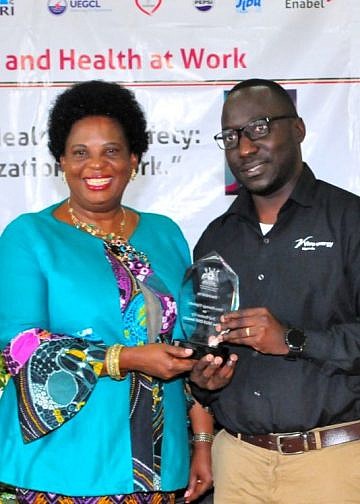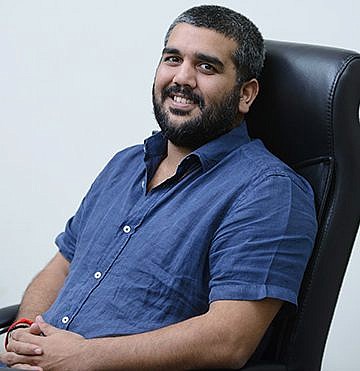President Museveni has opened the door to the long-debated issue of establishing a national minimum wage, signaling a potential shift in Uganda’s labour policy.
Speaking at this year’s International Labour Day (ILD) celebrations at Nakaale Grounds in Nakapiripirit District, the President said government is preparing to engage more deeply on critical labour matters, with the minimum wage being top of the agenda.
“I had a discussion with workers yesterday at State House, Entebbe. We talked about the minimum wage, the tripartite arrangement, and the issue of casual labour,” President Museveni revealed, indicating that the Cabinet will revisit these matters in June to explore sector-based and realistic solutions.
This marks one of the clearest statements yet from Uganda’s leadership on a policy that has long been demanded by labour unions and workers across the country.
Museveni acknowledged that the labour system requires more oversight and fairness, particularly for vulnerable workers often trapped in exploitative conditions.
“We shall discuss more in June in the Cabinet. We are also going to look into employment agencies that exploit workers by standing between them and employers,” he added, noting that stronger regulation is also being considered to rein in unscrupulous actors in the employment industry.
While Museveni stopped short of announcing an immediate implementation of a minimum wage, he stressed that the government’s approach would be rational, inclusive, and tailored to each sector.
“We must handle things the way they are. The approach we discussed, dealing with issues sector by sector is more realistic,” he said.
Beyond the minimum wage, the President also took time to criticize the growing trend of foreign labour dominating industries where Ugandans have the skills and capacity to work.
“Why should foreign companies bring their own workers when Ugandans can do the jobs?” he asked, pledging that the government would begin scrutinizing institutions that consistently prioritize foreign workers over locals.
The event, themed “Consolidating on the Gains of the Parish Development Model (PDM) for Increased Productivity and Inclusive Job Creation”, also saw the President underscore his government’s ongoing efforts to combat unemployment and promote entrepreneurship.
“As we stand today, according to figures from UBOS, there are 1.4 million workers in the factories, in agriculture, there are 3.6 million, in services there are 5 million and in ICT, there are 46,000. Now the jobs in the public service are 480,000. Therefore, the jobs in the private sector are very many compared to the public sector. And we are just beginning,” he said.
Museveni emphasized that wealth creation is the foundation for job growth, pointing to the success of individuals who have leveraged the PDM to build thriving businesses.
“In Fort Portal, a man called Nyakana started making animal feeds on 1.2 acres. He now employs 15 people. Another, here in Nakapiripirit, used PDM money to grow green grams, sold them, and bought pigs. Now he has 35 pigs and is self-employed,” he shared.
“Wealth comes first. Jobs come from wealth,” he added, reiterating that the government’s focus remains on empowering local entrepreneurs through access to affordable credit, infrastructure, and technology.
“That is why we are investing in low-cost electricity, better transport like railways, affordable credit through UDB and PDM, and cheaper internet, all to support wealth creators,” he said.
In his closing remarks, the President called on workers to embrace patriotism and Pan-Africanism as central to the country’s economic development.
“Factories and jobs mean nothing without a market. That’s why you must love Uganda, love Africa. Our internal market isn’t enough. We need East Africa and beyond,” he said, before congratulating workers for their contributions to Uganda’s growth and stability.








































